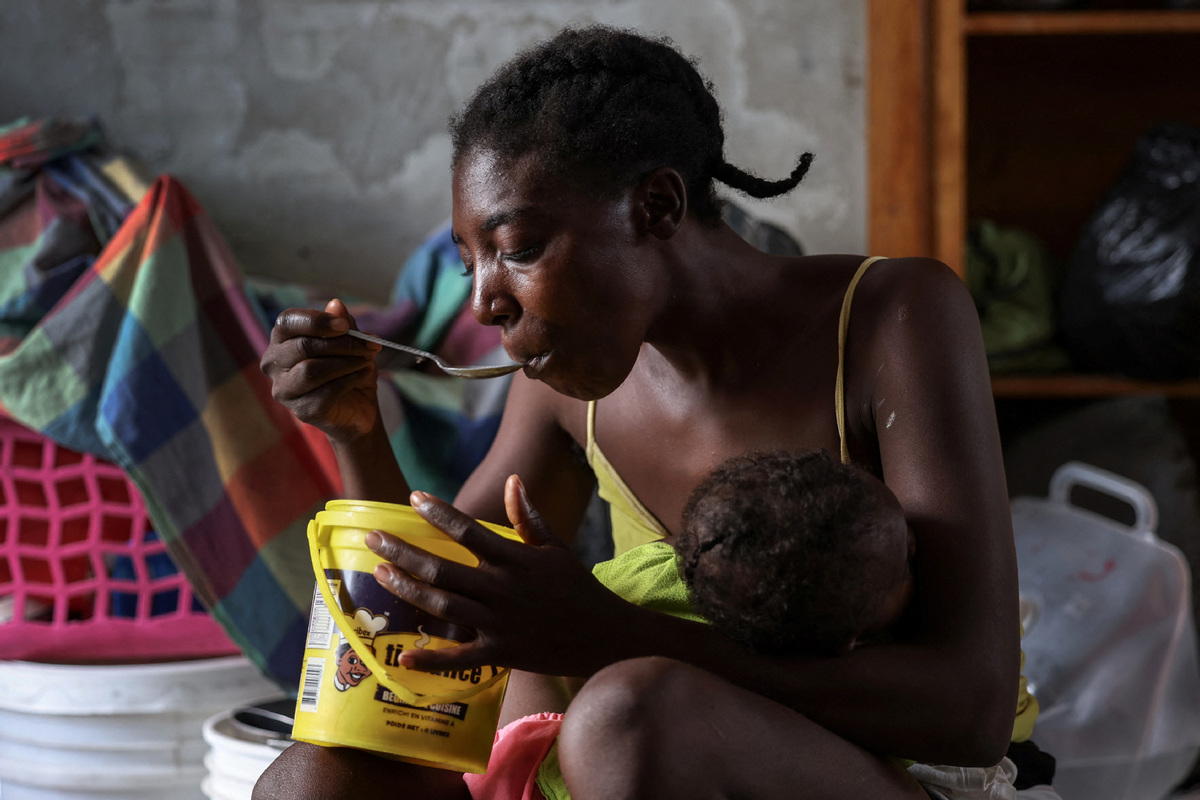
UNITED NATIONS – As instability intensifies in Haiti, displaced women and girls are increasingly vulnerable to sexual violence, according to a report by UN Women released on Wednesday.
The report paints a grim picture of the living conditions for approximately 300,000 displaced women and girls in Haiti amid political chaos, rampant gang violence, and the ongoing hurricane season.
With over half of the 580,000 displaced persons in Haiti being female, the UN Women Rapid Gender Assessment underscores the peril in makeshift camps lacking essential amenities, making them particularly susceptible to sexual and gender-based violence.
The survey, conducted in April across six major displacement sites in Port-au-Prince, revealed a lack of basic security measures like lighting and locks in critical areas, including bedrooms and bathrooms.
The presence of gangs and the daily threat of stray bullets amplify the dangers, highlighting the urgent need for enhanced protection measures in these camps.
The study also noted that aggression, particularly rape, is often employed as a tactic by gangs to control women’s access to humanitarian aid within the camps.
“Our report tells us that the level of insecurity and brutality, including sexual violence, that women are facing at the hands of gangs in Haiti is unprecedented. It must stop now,” UN Women Executive Director Sima Bahous said.
She urged the Haitian government to adopt preventive and responsive measures against the violence and to involve women more in camp management to ensure their safety concerns are addressed.
The report further revealed the economic desperation faced by the women in the camps, with nearly 90 percent having no source of income. Over 10 percent have considered or resorted to sex work to meet their basic needs, while 20 percent knew someone who had engaged in such activities. Additionally, about 16 percent of respondents reported feeling intimidated, harassed, or traumatized by armed gangs, and almost 70 percent were mentally affected by the increase in violence.
In response, UN Women is aiding women’s organizations in Haiti to support displaced communities through various projects funded by international partners, including training police officers to prevent and respond to sexual and gender-based violence and supporting women entrepreneurs affected by the ongoing violence.
This report underlines the critical situation in Haiti and the essential role of international and local actions in safeguarding and empowering the displaced female population amidst the crisis.


